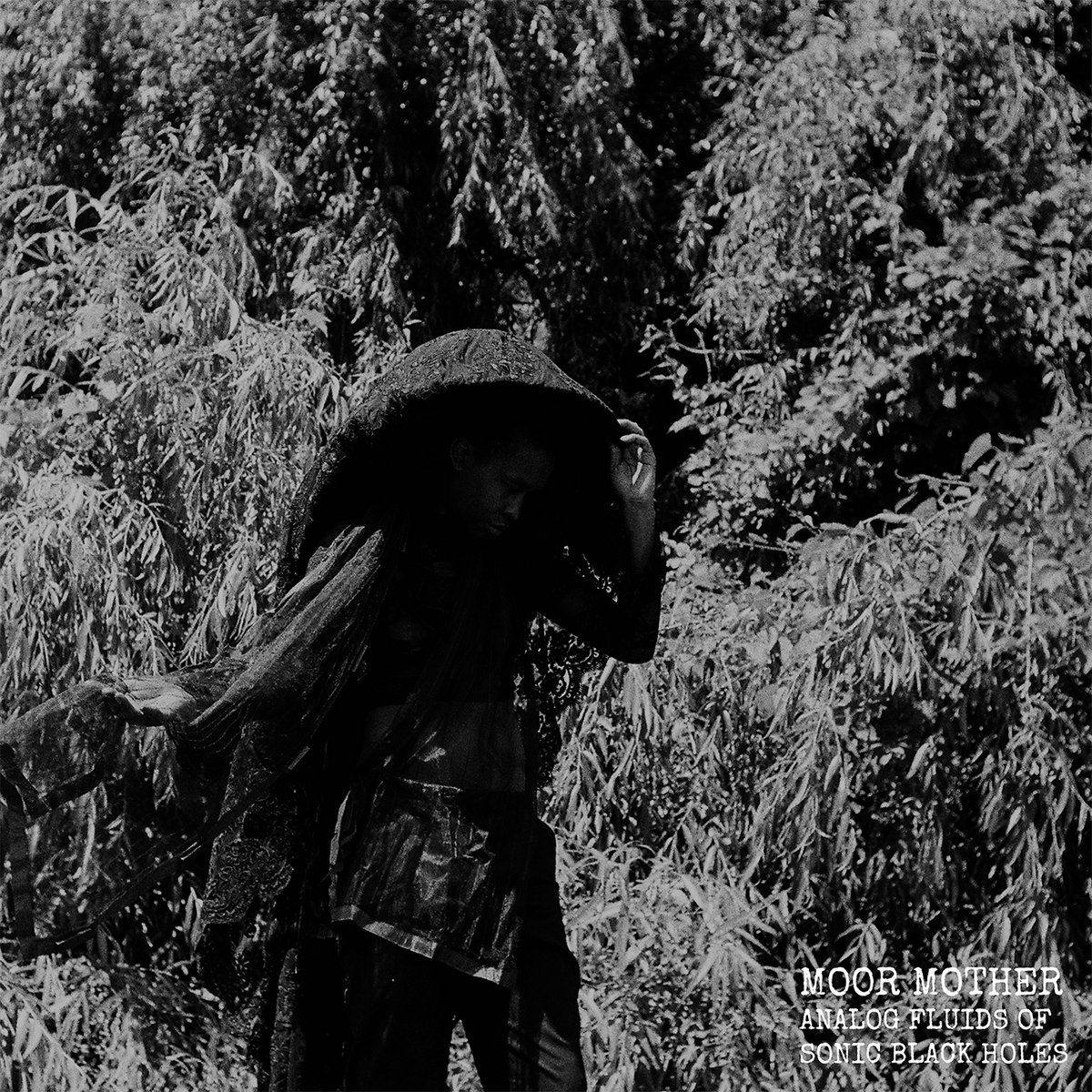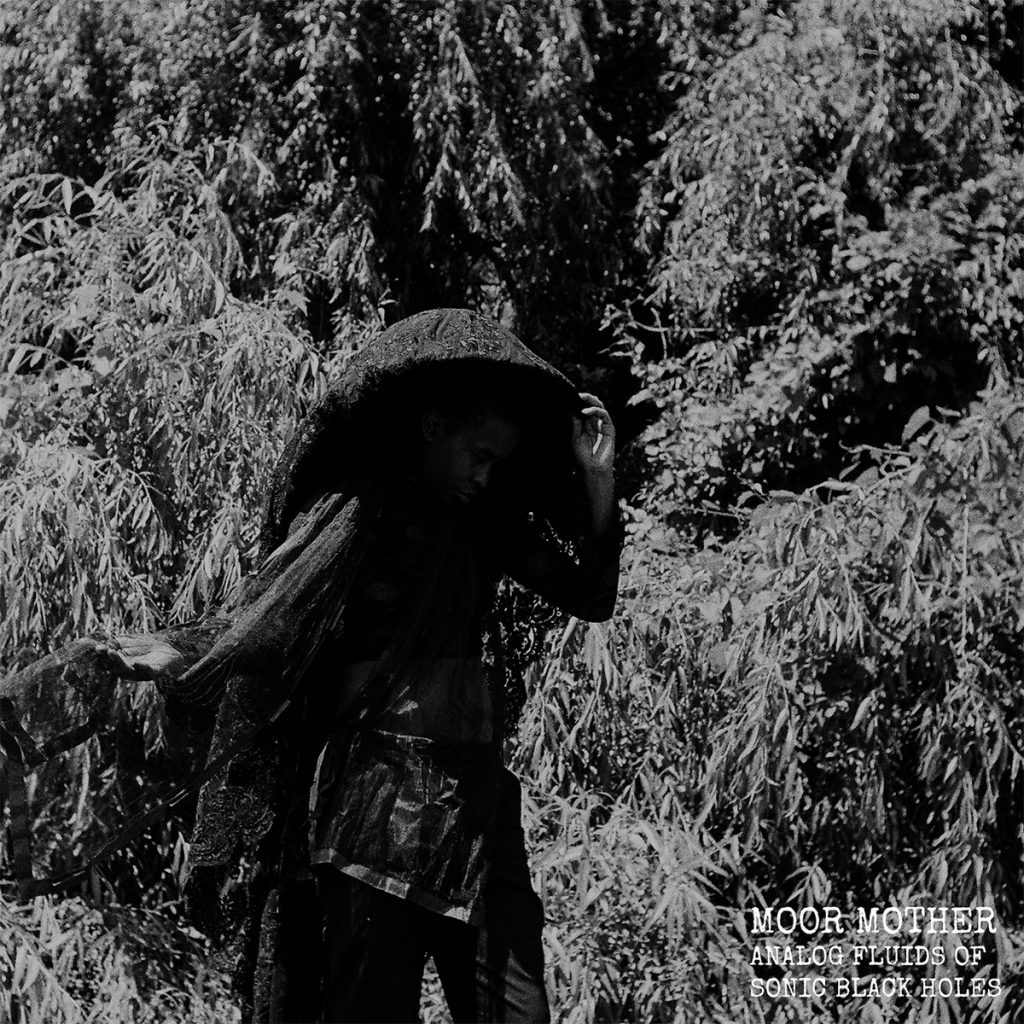
“We’re here protesting and sharing stories, but when everything else is so loud, how do you penetrate through?”
The following statement was made by Camae Ayewa, a Philadelphia based activist, poet and experimental musician, better known as Moor Mother.
On her recently released album Analog Fluids of Sonic Black Holes, she does her best to penetrate through the echo chamber. The album effectively employs sound collages and archival recordings to add weight to her powerful statements of protest.
Many of the album’s tracks highlight past racial injustices to draw parallels with the current political climate. One notable example is the song, “LA92” which refers to two different incidents that contributed to the 1992 Los Angeles riots.
The lyrics open with “Latasha got shot over orange juice,” a reference to Latasha Harlins, a 15-year-old black girl who was shot by a convenience store owner on March 16, 1991. The store owner claimed that Harlins was trying to steal a bottle of orange juice, even though video footage and eyewitnesses indicated that Harlins did intend to pay.
Although found guilty of voluntary manslaughter, the store owner didn’t face any prison time, which angered many in the black community.
The other incident referenced, is the March 3, 1991 assault on Rodney King at the hands of the Los Angeles Police Department. On April 29, 1992, the four police officers were acquitted for the brutal beating. That same month the state appeals court upheld the sentencing decision against the owner who murdered Latasha Harlins.
The lyrics make mention of “nightmare shit” and “LAPD on PCP, body bag, body bag, for you and me.”
Unfortunately, these incidents continue to be the current reality for Black America. Artists like Moor Mother seek to challenge the normalization of racial oppression and awaken the country to nightmares routinely experienced.


